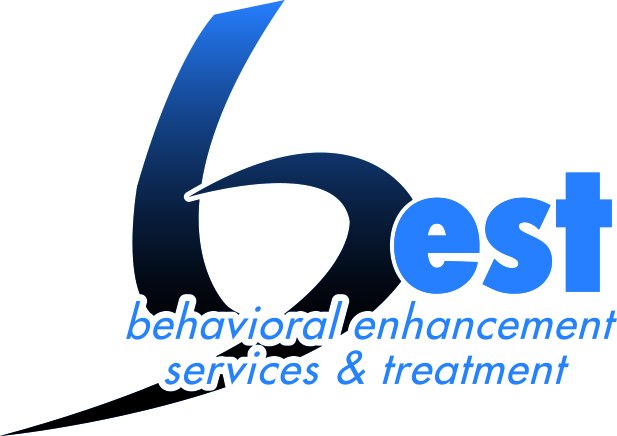People living with mental health issues need proper support to achieve recovery and live a fulfilling life. Two types of people who can provide this crucial support are recovery coaches and peer specialists.
However, the way they provide support can often overlap and differ at the same time creating confusion. This article seeks to distinguish these two key roles so you can make informed decisions about the type of assistance you need.
Key Takeaways:
- Recovery coaches and peer specialists both provide support for people living with mental health issues in diverse ways.
- The biggest difference between the two is that the recovery coach is a professional with counseling and behavioral health training while a peer specialist is a person with lived experience seeking to help others in their recovery journey.
Table of Contents
Recovery Coach Vs. Peer Specialist: Definitions and Roles
To get a better understanding of these two roles, let’s take a quick look at their definitions and roles.
Recovery Coach
A recovery coach is a certified professional who provides personalized support to aid others in navigating their recovery journey. They focus on setting recovery goals, developing recovery plans, and providing motivational and non-clinical support.
Recovery coaches maintain their expertise through continuing education and are often certified by organizations like the International Coaching Federation or the Association of Recovery Coaches
Peer Specialist (or Peer Support Specialist)
Peer specialists have personal experience with mental health recovery and seek to use their personal experiences to offer support, empathy, and insight to others dealing with similar challenges.
Peer Support Specialist Vs. Recovery Coach: Key Differences
1. Background and Training
Peer specialists are primarily trained based on their personal experience and receive certification to offer peer support. Recovery coaches are often professionals from fields related to health or social services and receive formal training in recovery support strategies.
2. Role Focus
Peer specialists focus more on empathy, peer support, and sharing personal recovery experiences to inspire and guide others. Recovery coaches have a broader scope, providing structured recovery plans and access to helpful resources.
3. Professional vs. Experiential Expertise
Peer specialists bring experiential knowledge, offering insights and support based on their personal journey through recovery. Recovery coaches often bring professional knowledge and techniques such as motivational interviewing, cognitive-behavioral therapy, and solution-focused therapy.
4. Certification and Employment
Peer specialists may work as volunteers or paid staff within community centers or mental health organizations, often supported by grants or government programs. Recovery coaches typically work as paid professionals within various settings, including private practice or rehabilitation centers.
Recovery Coach Vs. Peer Support Specialist: Impact on Recovery
Both roles aim to enhance the individual’s ability to manage their recovery, but they do so in complementary ways. Peer specialists provide a bridge between the individual and the often complex world of mental health, ensuring that individuals feel understood and supported in all aspects of their care.
Meanwhile, recovery coaches offer more personalized guidance and support, focusing on long-term recovery goals and the formulation of strategies to maintain and strengthen recovery.
Connect With B.E.S.T for Quality Peer Support
Find dependable peer support specialists at Behavioral Enhancement Services & Treatment. They will provide the best possible care to help you cope and manage daily struggles as you navigate your journey to recovery. Contact us to schedule a free consultation.





